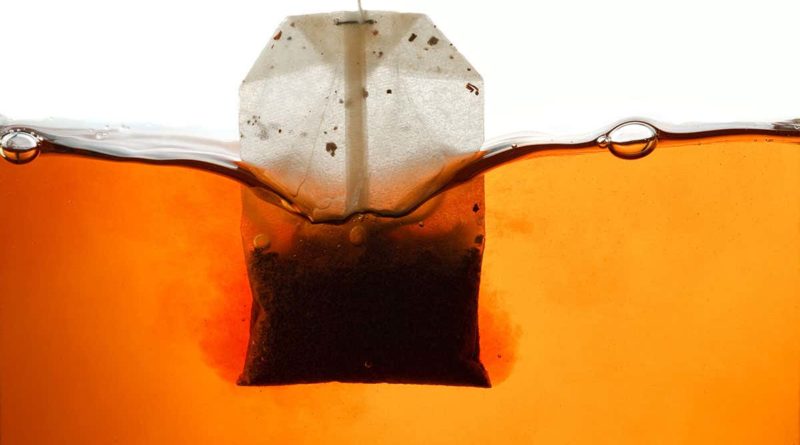Just One Tea Bag Can Release Billions of Microscopic Plastic Particles Into Your Drink
Just one plastic teabag can release billions of tiny plastic particles into tea, scientists have discovered. The research, which “shocked” the team, suggests we may be consuming far more mircroplastics than we currently realize—with potential impacts on our health.
The findings come from new research published by the American Chemical Society’s journal Environmental Science & Technology, which tested four different commercial teas packaged in plastic tea bags. In total, the researchers found that steeping a plastic tea bag at 95 degrees Celsius released around 11.6 billion microplastics and 3.1 billion nanoplastics into a single cup. That’s much more than other foods and beverages commonly contaminated with plastics. It is currently unknown if these particles are harmful to humans.
Researchers at McGill University tested four kinds of plastic tea bags in boiling water, and found that a single bag would release more than 11 billion microplastic and 3 billion nanoplastic particles. You would not be able to see the contamination with your own eyes; the researchers had to use an electron microscope. But it’s there.
While it’s easy to assume that tea bags are made from pure paper, an estimated 96 percent of the bags contain polypropylene – a thermoplastic polymer. This chemical acts as a seal on the tea bags, ensuring they maintain their shape.
Whether or not this is actually a problem for human health is uncertain. The World Health Organization concluded last month that plastic particles in drinking water were a “low” risk to humans at their current levels. But the report also said more research was needed, especially on the health impacts of chemical additives and of microplastics less than 150 micrometers in diameter, which could enter the body’s tissues. Plastic tea bags are made from polyethylene terephthalate (PET) and nylon, which are approved as food packaging.
Earlier this year, a report by the World Wide Fund for Nature estimated that on average, a person might ingest 5 grams of plastic a week, the equivalent size of a credit card. Researchers at the University of Newcastle in Australia compiled dozens of studies on the presence of plastic in water, as well as in food such as shellfish and even beer. Studies are underway to establish how plastic consumption can affect human health, according to WWF’s study.




